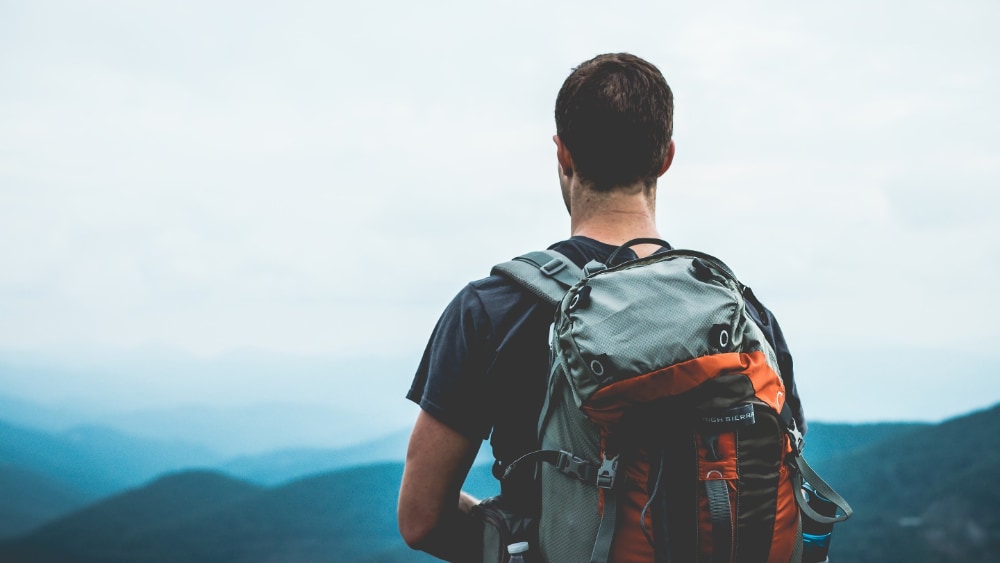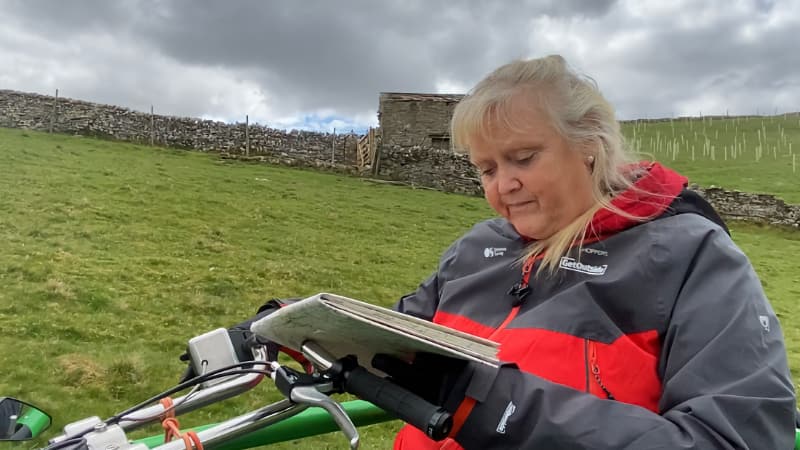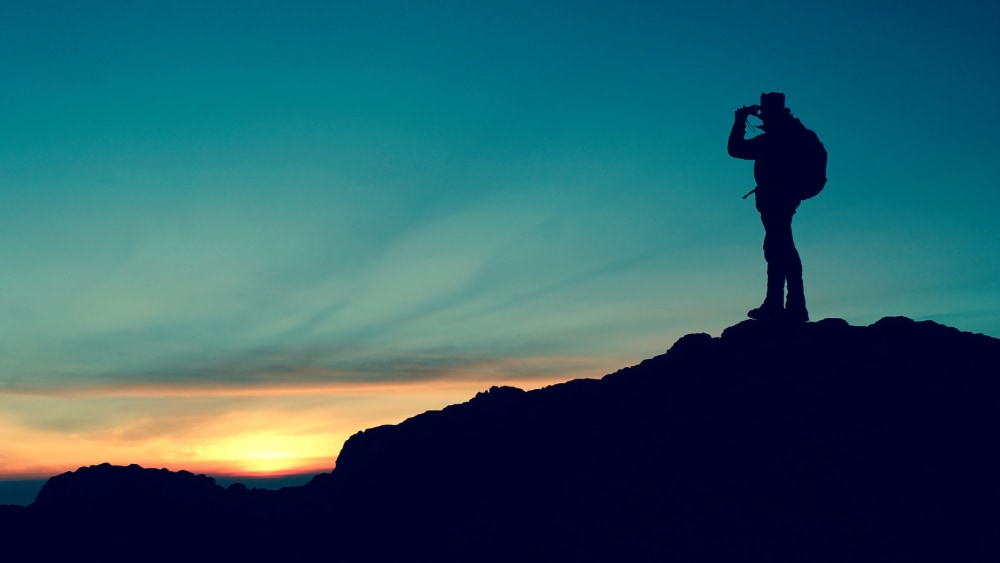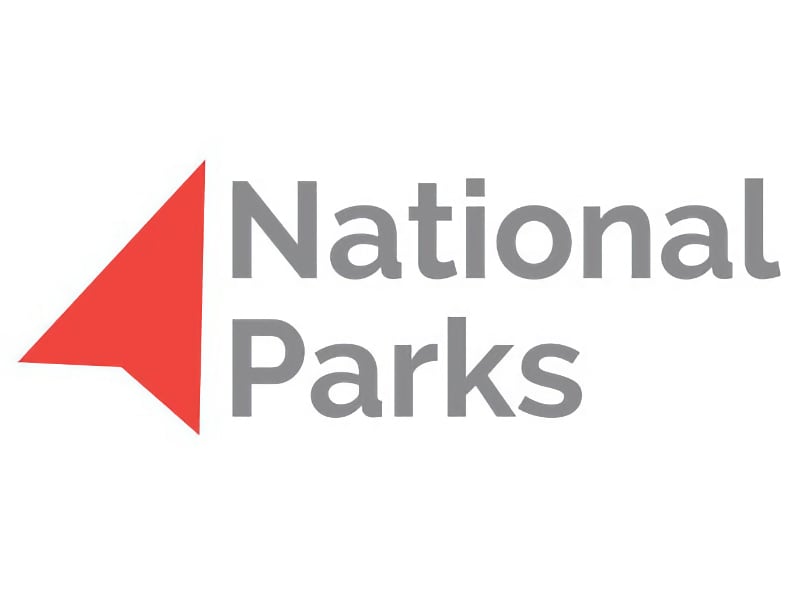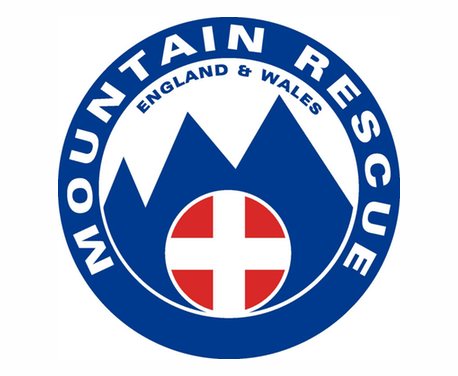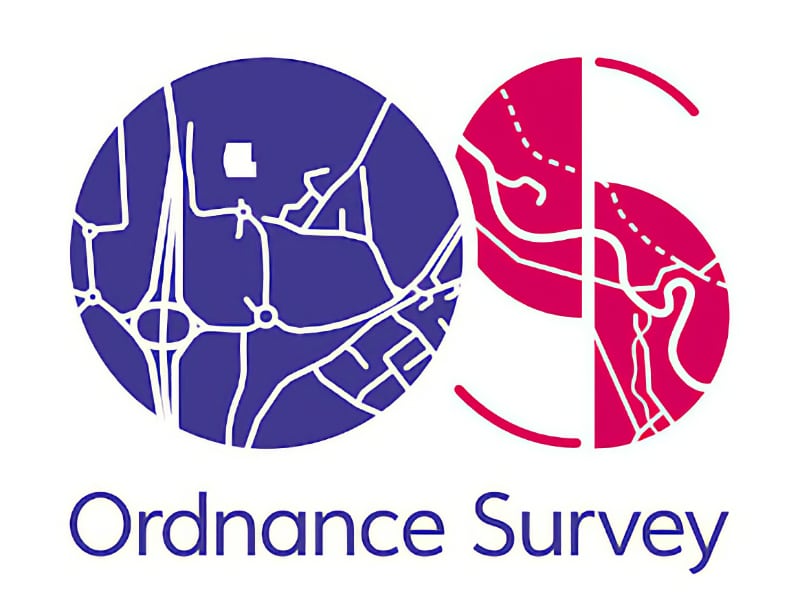Being in the outdoors and challenging ourselves, even in small ways, is good for the soul. Just feeling the fresh air on a walk boosts mental and physical health. An adventure doesn’t have to be scaling a summit, just something that takes our attention away from the phone and allows us to see, hear or feel nature is good.
With such a lot going on during this incredibly tricky time, and as many of us head for the hills or the coast to find some space, it’s more important than ever to know how to keep ourselves safe while enjoying the great outdoors. Emergency services are under increased pressure and responding to emergencies put teams at risk.
#BeAdventureSmart
AdventureSmart.uk is a safety campaign which aims to reduce the number of avoidable incidents which the rescue and emergency services deal with. If you are planning an adventure in the hills, mountains, moorlands or coast, it has great tips and advice to make sure your day out is fun:
-
- Do I know what the weather will be like?
- Do I have the right gear?
- Do I have the knowledge and skills for the day?
If the answer to all three questions is ‘yes’ that’s great – go and have a fantastic day. But if you’re not absolutely sure, AdventureSmart.uk will help you to properly plan your trip.
Watch the weather
Being prepared for the weather can make a big difference to how you feel at the end of the day. Choose a different route or turn back if the forecast doesn’t look too clever or conditions turn out to be different to what you expected. There’s no shame in changing your plans.
Make sure you start your walk early enough in the day – be aware of what time it gets dark and allow for a change in the weather. Don’t forget sun screen and a sun hat. As well as waterproofs of course!
If you are venturing into the mountains, check out a reliable mountain weather forecast such as the Mountain Weather Information Service.
The right gear is a good idea
You don’t need the latest expensive kit, just enough stuff to ensure you can cope with whatever the day might bring. AdventureSmart.uk gives tips on clothing, footwear and rucksack essentials for a great day’s walking.
For hiking in a remote area, it’s a good idea to register your phone with the 999 text service before you leave. In an emergency situation, sometimes a text message will get through to the 999 operator when a spoken message can’t.
Make sure your phone is fully charged and carry a charged power pack. Also pack a paper map, compass, watch, first aid kit, waterproofs and change of clothing. A torch (with spare batteries) and whistle will save the day if you get caught out in the dark.
Mountain Rescue England & Wales has a great downloadable leaflet packed with safety tips for being out on a mountain. It also includes, a list of essential kit, and step by step instructions for calling out mountain rescue in an emergency.
Develop skills and know your limits
Whatever your planned activity for the day, be honest about you and your companions’ knowledge, fitness and ability. Plan for the least able member of your group and choose a level of walk that you can all enjoy and achieve comfortably.
National Park and AONB websites have walking routes for all abilities, as do we.
Know where you are going. Carry a paper map and compass and know how to use them to navigate your way. The Ordnance Survey Beginners Guide to Using a Compass can show you how.
Respect the water
If you are walking close to the sea, keep well away from any cliff edges and if walking on a beach make sure you don’t get cut off by the tide. Check tide times before you leave.
Watch waves from a respectful distance and remember that only 15 cm of water is enough to sweep you off your feet. Rip currents claim lives around our beaches every year. Do you know how to spot one, or get out of one? Get the facts at #BeBeachSafe and check safety and emergency advice at the HM Coastguard website.
Know how and when to get help
Accidents can happen to anyone however adventure smart you are, so be sure you are carrying an appropriate means of calling for help should you need to.
Charge your mobile phone before you leave and carry a torch and whistle as a means of attracting attention – six flashes in short succession, repeated at 1 minute intervals is the international distress signal (you can also blow your whistle in a similar manner).
If you find someone in trouble call for help, don’t put yourself at risk. In an emergency:
Inland: call 999 ask for police then the mountain rescue
Inland waters: call 999 ask for fire and rescue service
Sea and coastal waters: call 999 ask for the coastguard
If you have hearing or speech difficulties, you can send a text message to 999 using the emergencySMS service. You will need to have already registered your phone with the service, so do this now by texting the word ‘register’ to 999.
THE COUNTRYSIDE CODE
It’s also important for all walkers to remind themselves of the Countryside Code. Natural England’s advice has been updated in the light of Covid-19:
Respect other people
- Consider the local community and other people enjoying the outdoors
- Park carefully so access to gateways and driveways is clear
- Leave gates and property as you find them
- Follow paths but give way to others where it’s narrow
Protect the natural environment
- Leave no trace of your visit, take all your litter home
- Don’t have BBQs or fires
- Keep dogs under effective control
- Dog Poo – bag it and bin it
Enjoy the outdoors
- Plan ahead, check what facilities are open, be prepared
- Follow advice and local signs and obey social distancing measures
NATIONAL PARKS – ADVICE TO VISITORS
Finally, UK National Parks Be Safe Outside is a 4-step guide for people thinking of visiting a National Park during Covid-related restrictions. It enables you to check specific local guidance ahead of your visit via the website’s Covid-19 page which publishes essential information you will need to know.
National Parks guidance also asks us to be kind out there – to give each other a massive break while we all find our way to safe space. And as well as being kind to each other, to also be kind to nature – since it has moved into the spaces that we temporarily vacated.

